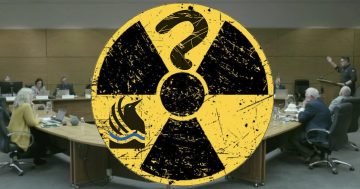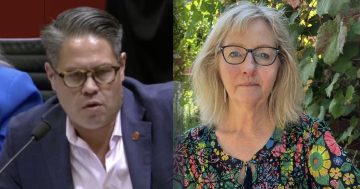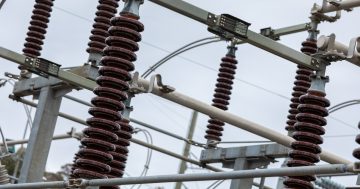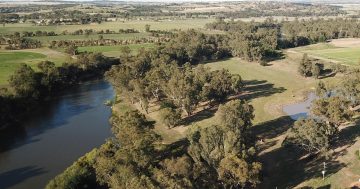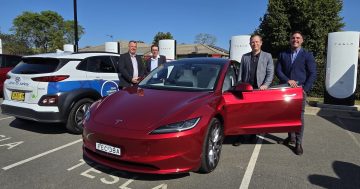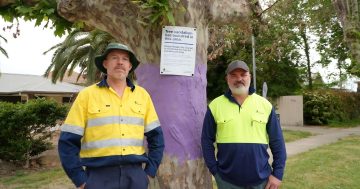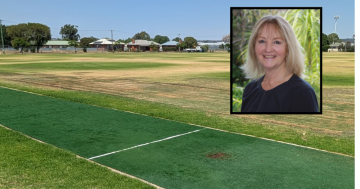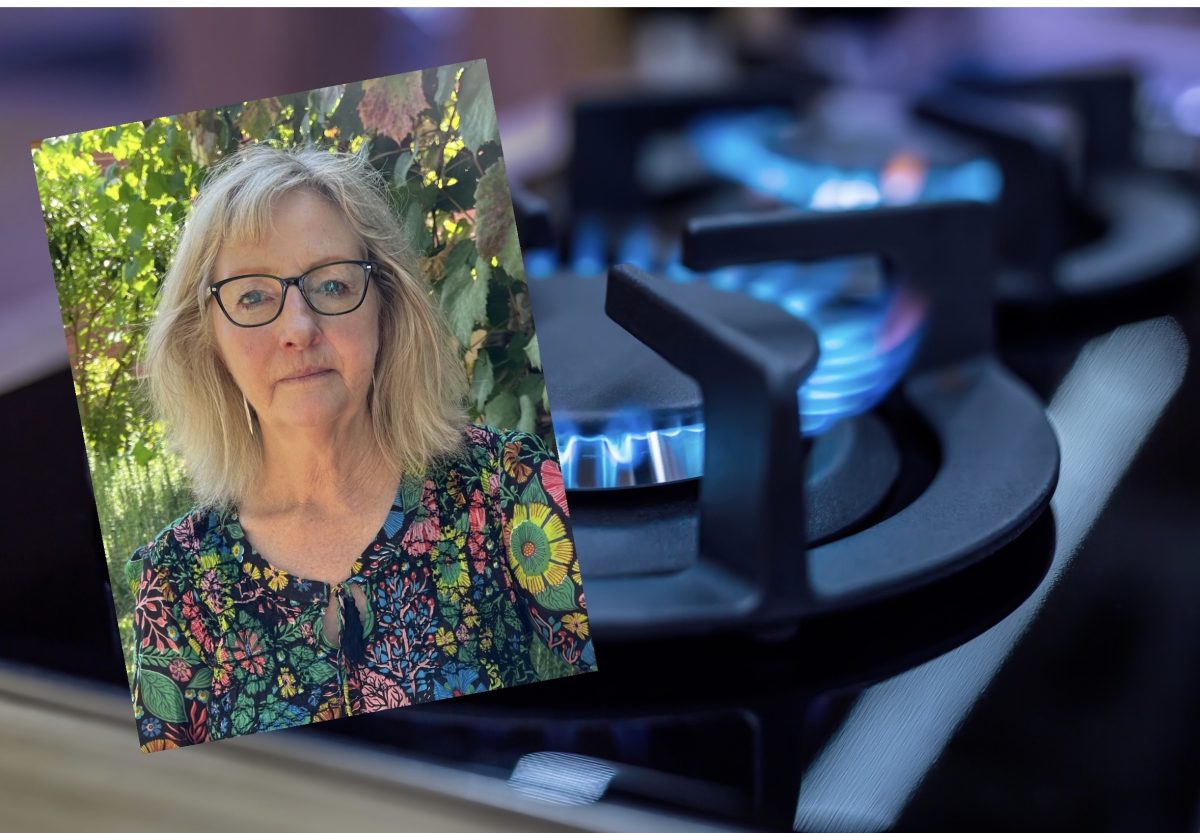
Jenny McKinnon would like to see no new gas connections in the LGA. Photo: Chris Roe.
Wagga’s Deputy Mayor Jenny McKinnon wants Council to lead the way in winding back the city’s reliance on natural gas.
“I’m asking for council to commit to moving towards the reduction of gas emissions in our local government area,” Cr McKinnon said ahead of tonight’s meeting where she will put forward a notice of motion (NOM).
“So the first thing is for the staff to prepare a report about the potential for the Council to put a stop to gas connections on new dwellings and to also have a look at the potential for council itself to move off gas in council buildings and in council services.”
Cr McKinnon explained that the report would include a high-level audit of Council facilities and identify opportunities for conversion to electric.
She would also like to consider updating the Wagga Wagga Local Environment Plan and Development Control Plan, to put a stop to the installation of gas connections to new homes and in the renovation and upgrade of existing buildings.
“Council already plans on moving the gas heating up at the Oasis pool over to electric when it’s current system is end of life, and it seems to me that we can’t just ask our community to look at making that change over if we are not prepared to show leadership now,” she said.
“We need to see what else we can do extra about changing over from gas to electric, which of course we know to be coming from more and more renewable sources.”
Currently, just over 50% if the state’s electricity is generated from renewables, but that number continues to rise.
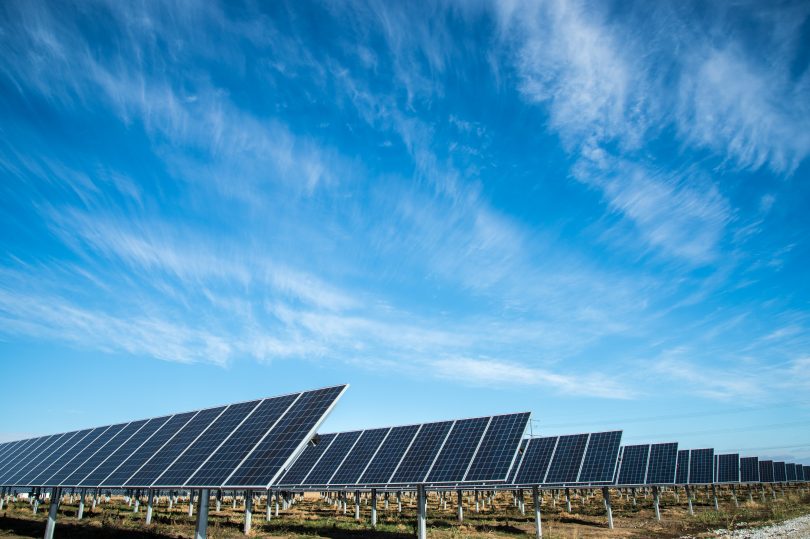
An increasing percentage of the state’s electricity is generated from renewable sources. Photo. File.
Cr McKinnon said phasing out fossil fuels would be a positive step towards the goal of net zero carbon emissions for the LGA by 2050 and would ultimately provide financial benefits.
At the moment, gas costs roughly half as much as electricity but there are checks and balances with gas infrastructure and appliances being generally more expensive.
Availability and geopolitical turmoil are likely to see gas prices continue to rise in the coming years and and recent studies have shown adverse health impacts from gas in the home.
“They’ve found that there’s methane emissions coming from gas stovetops even when they’re switched off, and the emissions from the gas stoves increase greatly when cooking is occurring,” she said.
“A child in a house that has gas appliances has 12% extra risk of developing asthma. They’re pretty serious consequences.”
A European report released in January demonstrated that gas ovens produce toxic carbon monoxide and likened their health impacts to second hand cigarette smoke.
Cr McKinnon’s NOM concludes, “The best way to safeguard the economic and health interests of Wagga Wagga LGA residents, and to reduce climate impacts, is to not connect gas to households and other buildings in the first place.”
What do you think?








